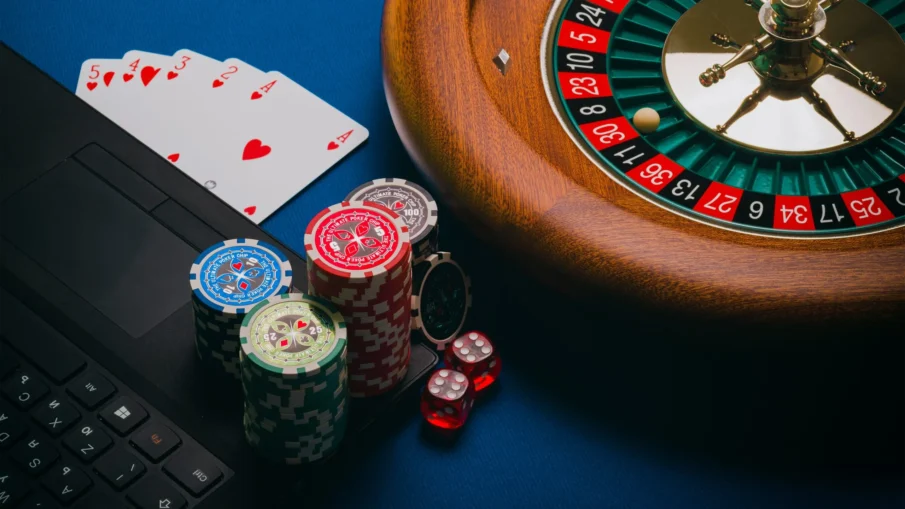Casinos have long held a mystique that draws people from all walks of life. These establishments, often lavishly adorned with bright lights and glittering chandeliers, have captivated our collective imagination for decades. In this article, we will delve into the fascinating world of casinos koplo77, exploring their history, the games they offer, the psychology behind the experience, and the impact of the casino industry on society.
A Brief History of Casinos
The word “casino” itself conjures images of high-stakes gambling and opulence, but the history of these establishments is far more diverse. The word “casino” originally comes from the Italian word “casa,” meaning house, and the term was initially used to describe a small country villa or summerhouse.
The modern casino, as we know it today, began to take shape in the 17th century in Venice, Italy, where the first public, state-sanctioned gambling house, the Ridotto, opened in 1638. This marked the beginning of a trend that quickly spread to other European countries.
As the concept of casinos grew, they evolved into sophisticated venues, offering a wide range of entertainment, including not only gambling but also music, dancing, and dining. The first American casinos were established in the 19th century, primarily in New Orleans, and they gradually spread across the country.
Popular Casino Games
Casinos offer an array of games to cater to a diverse clientele. Some of the most popular casino games include:
- Slot Machines: Slot machines are the bedrock of most casinos. These one-armed bandits have evolved from mechanical reels to digital displays and offer a wide variety of themes and gameplay options.
- Table Games: Table games like blackjack, poker, roulette, and baccarat are staples in most casinos. They require skill and strategy, making them a favorite for many gamblers.
- Craps: Craps is a high-energy dice game that draws crowds with its thrilling atmosphere.
- Bingo: Often associated with smaller, community-based casinos, bingo is a social and entertaining game of chance.
- Sports Betting: Some casinos offer sportsbooks where patrons can place bets on various sports events.
The Psychology of the Casino Experience
Casinos are designed to create an enticing and immersive atmosphere that encourages patrons to stay longer and spend more. The psychology behind casino design includes the following elements:
- Ambiance: Casinos use low lighting, luxurious decor, and carefully chosen music to create an alluring environment.
- No Clocks or Windows: Casinos intentionally avoid displaying clocks or windows to disorient patrons and make it easy to lose track of time.
- Free Drinks: Many casinos offer complimentary drinks to keep patrons feeling relaxed and comfortable.
- Near-Win Situations: Slot machines are design to provide near-win experiences, which can be more stimulating and encourage players to keep trying.
- Reward Systems: Loyalty programs and bonuses incentivize repeat visits and extended play.
The Impact of the Casino Industry
The casino industry has far-reaching effects on society, both positive and negative. On the positive side, it contributes to the economy by providing jobs and generating substantial tax revenue. Casinos koplo77 also support tourism, drawing visitors from around the world.
However, the industry has also faced criticism for its potential negative impact, including addiction, crime, and social issues. To mitigate these concerns, responsible gambling initiatives and support services are offer in many jurisdictions.
Conclusion
Casinos continue to hold a unique place in our culture, offering an enticing blend of entertainment, risk, and luxury. Whether you’re a seasoned gambler or just looking for a night of fun. Casinos koplo77 offer a diverse range of experiences. From the thrill of the gaming floor to the opulence of their restaurants and entertainment venues. It’s a world that has evolved over centuries, leaving a lasting mark on our collective imagination and society as a whole.

